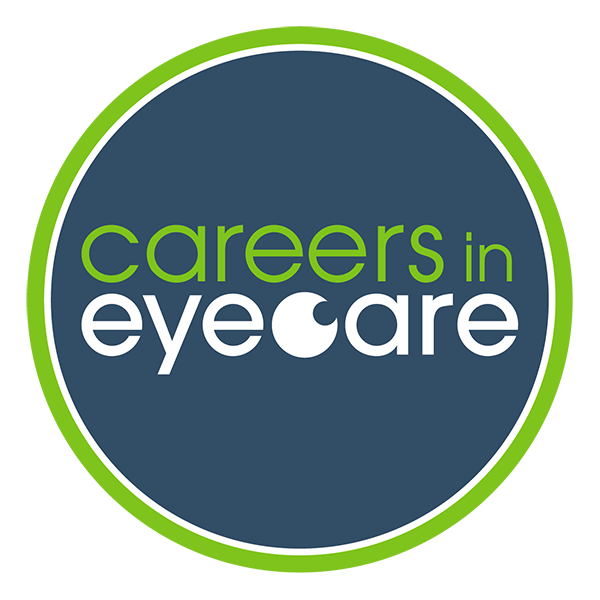It’s a little-known field but audiology is a rewarding option for everyone from school leavers and graduates to career changers, says Emma Walker, director of hearing services at Farnham Specsavers Hearing Centre.
Emma’s career wasn’t planned. She got a part-time job with Specsavers during university. “My English degree didn’t point me in any direction. When I graduated I went full time as an optical assistant.”
The store had a vacancy for a hearing aid dispenser and suggested Emma take the course. “I graduated in June, then went back to university in September and started the foundation degree in audiology.”
What is audiology?
Audiology involves identifying and assessing hearing and balance and linked disorders. Hearing aids help people hear speech and everyday sounds such as the phone, TV and doorbell.
Training is available at different levels – the entry requirements vary depending on the course. You can earn while you learn, working while studying on day or block release from your employer. Apprenticeships take from one to five years.
Hearing care assistants work under the supervision of qualified hearing aid dispensers (HADs). You can go on to train as a HAD and become a registered health professional. Degrees in audiology can lead to work as a clinical scientist.
What’s the attraction?
It’s a career where you will make a huge difference, says Emma. “It’s really difficult for people to come to terms with the fact that they need hearing aids. There’s a lot of stigma around hearing loss. People slowly remove themselves from social situations, friends and family.” Aids can change all that.
Emma remembers one patient: “She had been through cancer treatment and lost all her hair. She had her son’s wedding coming up and was worried hearing aids wouldn’t fit with her wig. We fitted custom aids that sat inside her ears. She came back and showed me pictures of the wedding – it was transformative for a day that was so important to her.”
It’s not just a job but a vocation, Emma says: “We see patients from the moment they walk into the room to rehabilitating them with their new hearing aids and for years after that – we do all of their care. You build a relationship.”
What does a hearing aid dispenser do?
A normal day would see you taking a clinic full of patients. Carrying out hearing tests, prescribing hearing aids and making adjustments for people who already have them. You might be repairing aids or removing ear wax.
Emma says the adaptation process for hearing aids is complex. “It can take a long time for the brain to process sound through the hearing aids properly. And there’s quite a steep learning curve. So there’s a lot of seeing people, reassuring them, talking them through the process, hearing their concerns. You have to really be interested in people.”
Many seeking help with hearing loss are aged 65 plus. Hearing starts to deteriorate earlier but “the progression of hearing loss is so slow that you don’t understand that there’s a problem until much later”, Emma says. “We’re an adult-only service, but we see people who have been born with hearing problems or who have accidents or illnesses that affect their hearing.”
There’s a mixture of NHS and private work. In some areas the local Integrated Care Board commissions private companies to provide care, in others patients are treated by NHS community or hospital care. NHS aids are free, but there’s a more limited range than private providers offer.
Ultimately, the rewards of this field are huge, says Emma. You gain qualifications while enjoying a varied career that has a huge impact on your patients: “The difference you can make in people’s lives when you switch a hearing aid on is very fulfilling.”
Find out more
- Specscavers hearing care assistants
Hearing care assistant roles at Specsavers
- Other options optical assistant career guide

